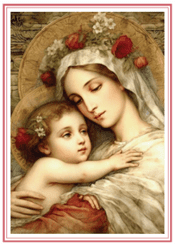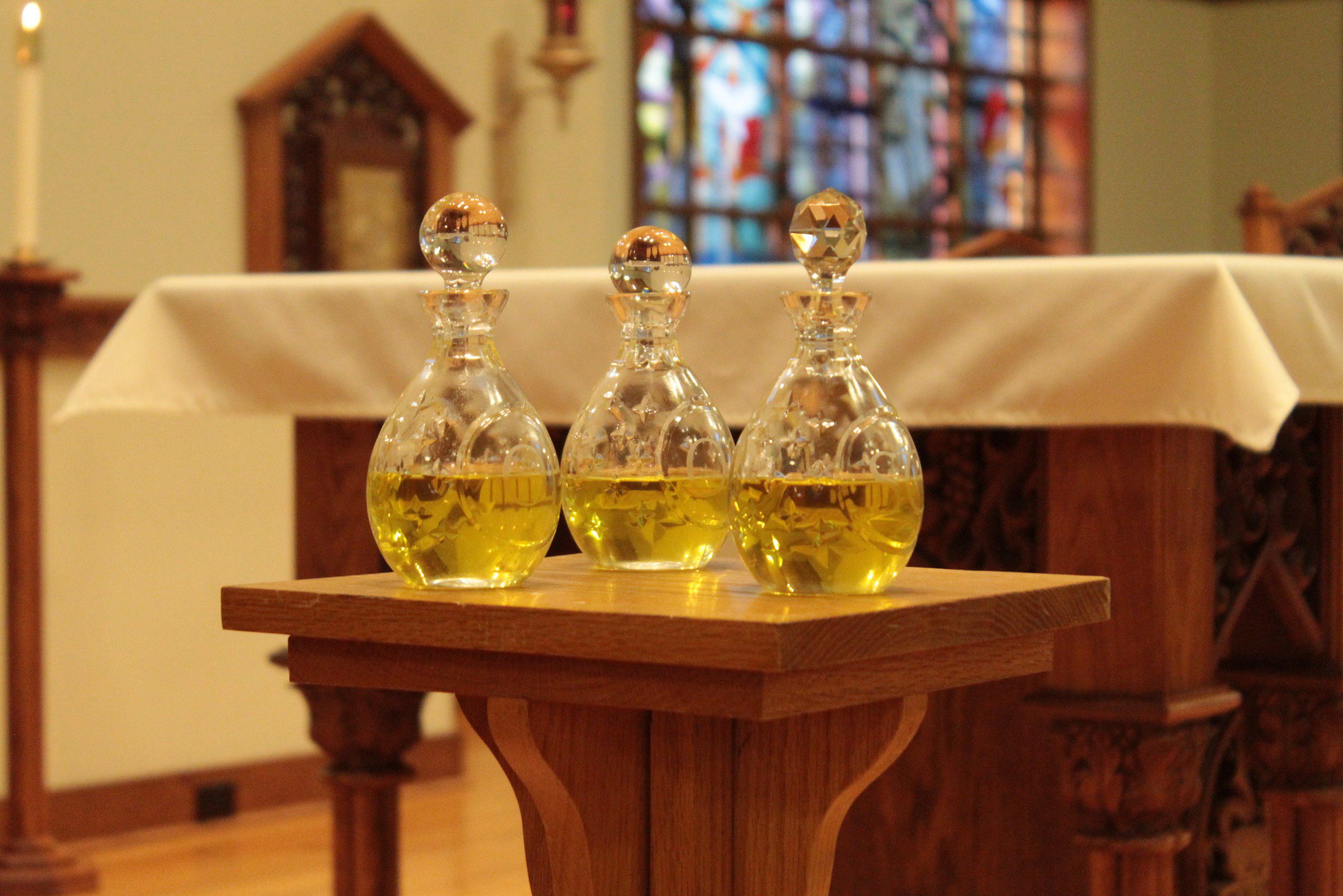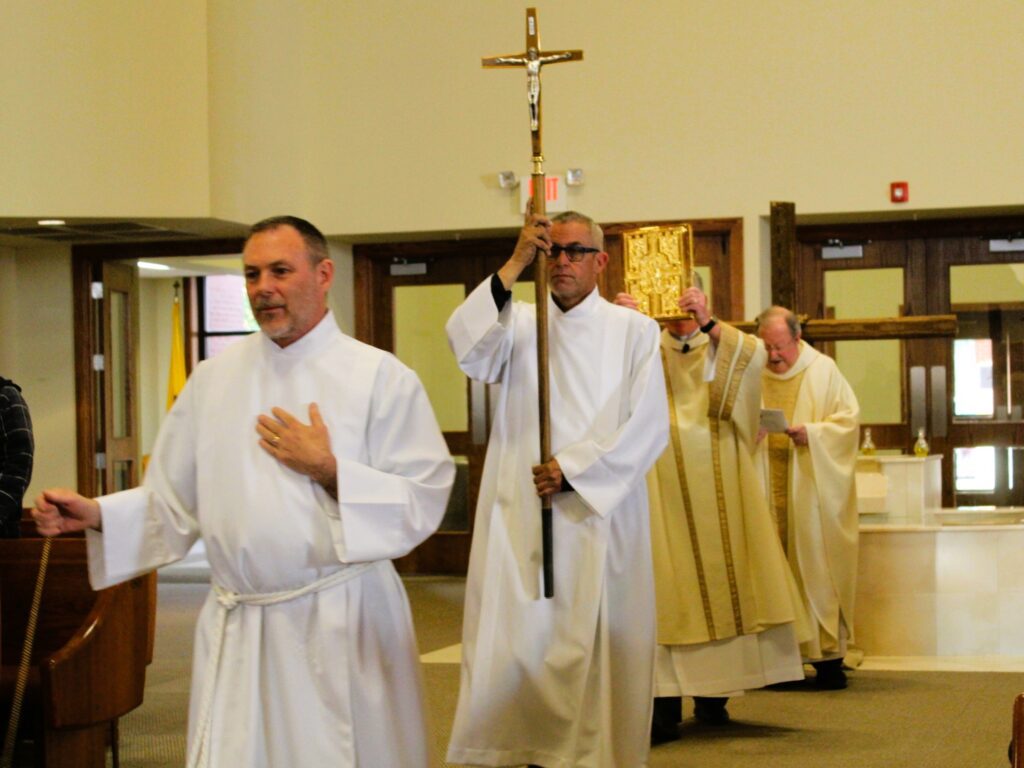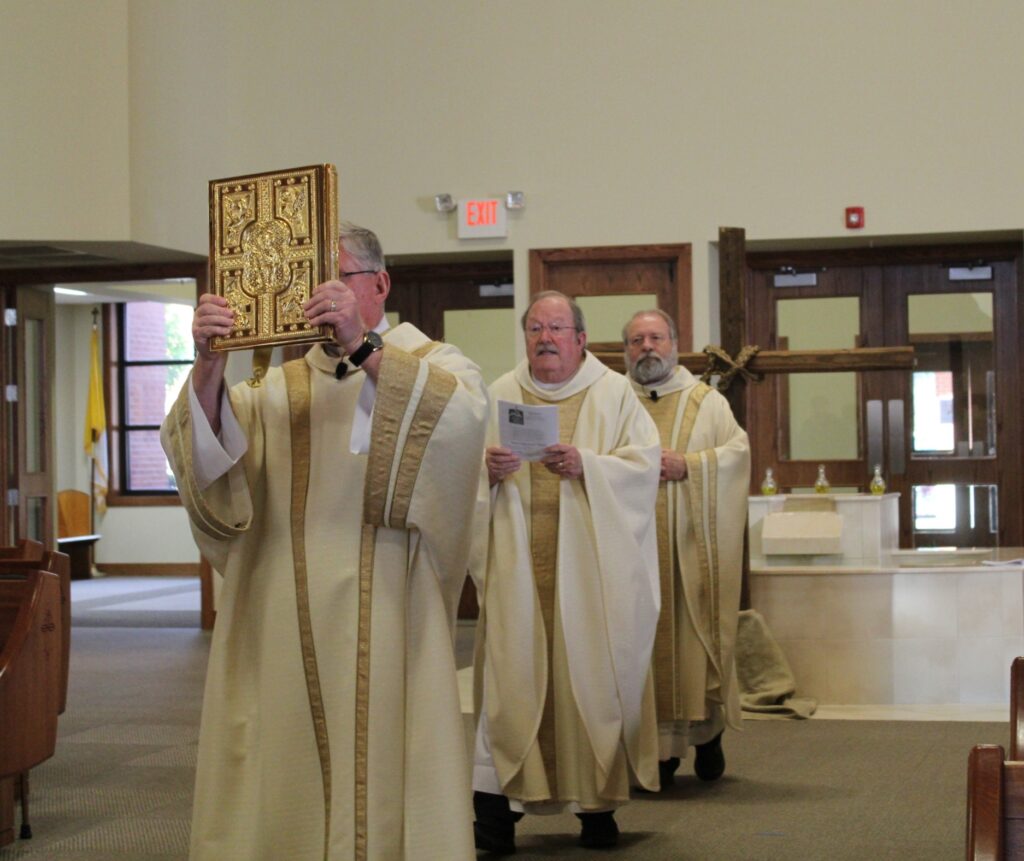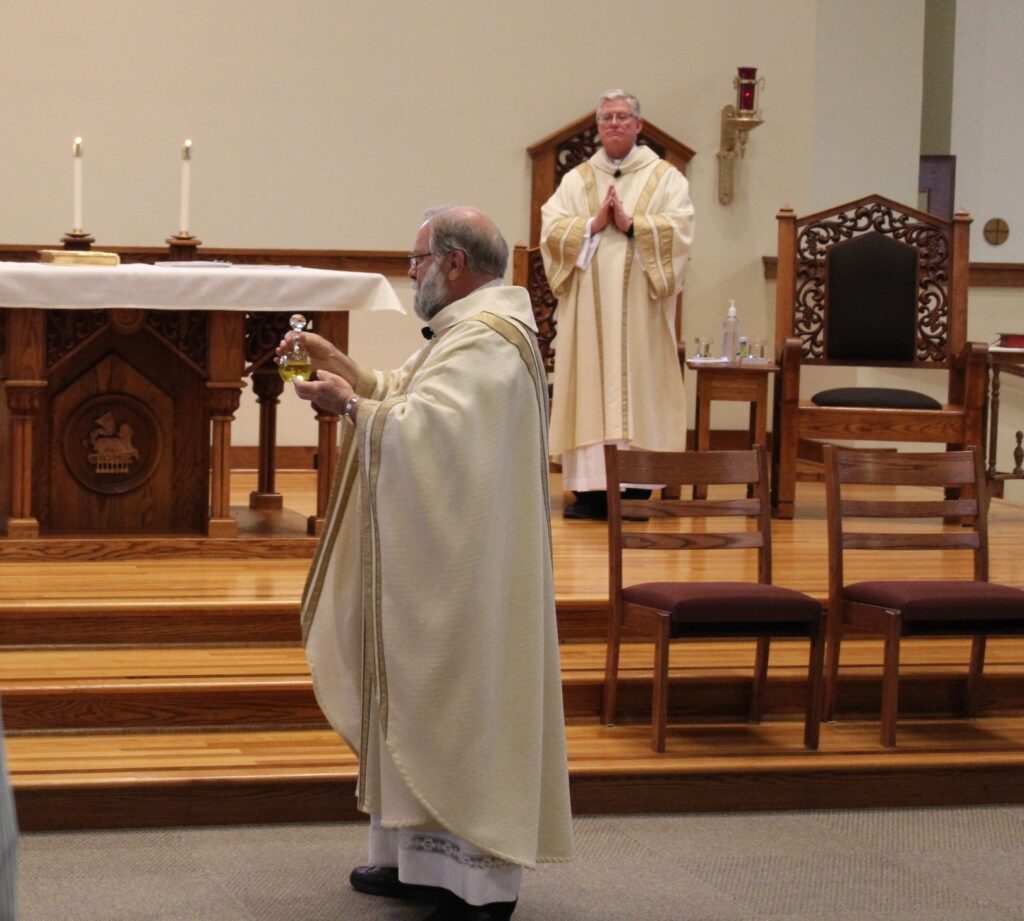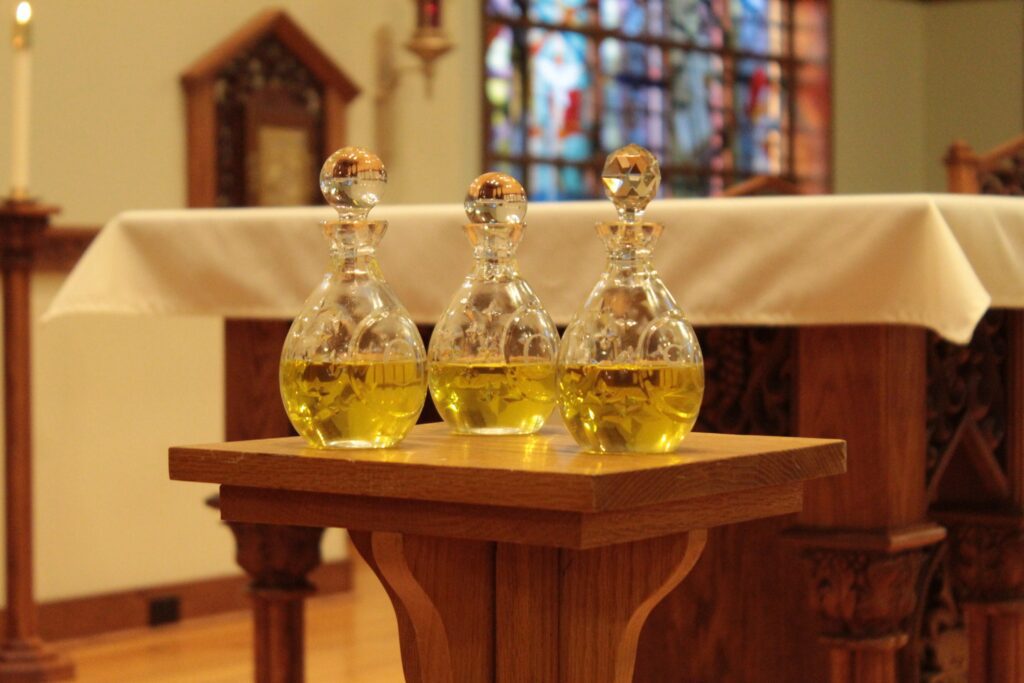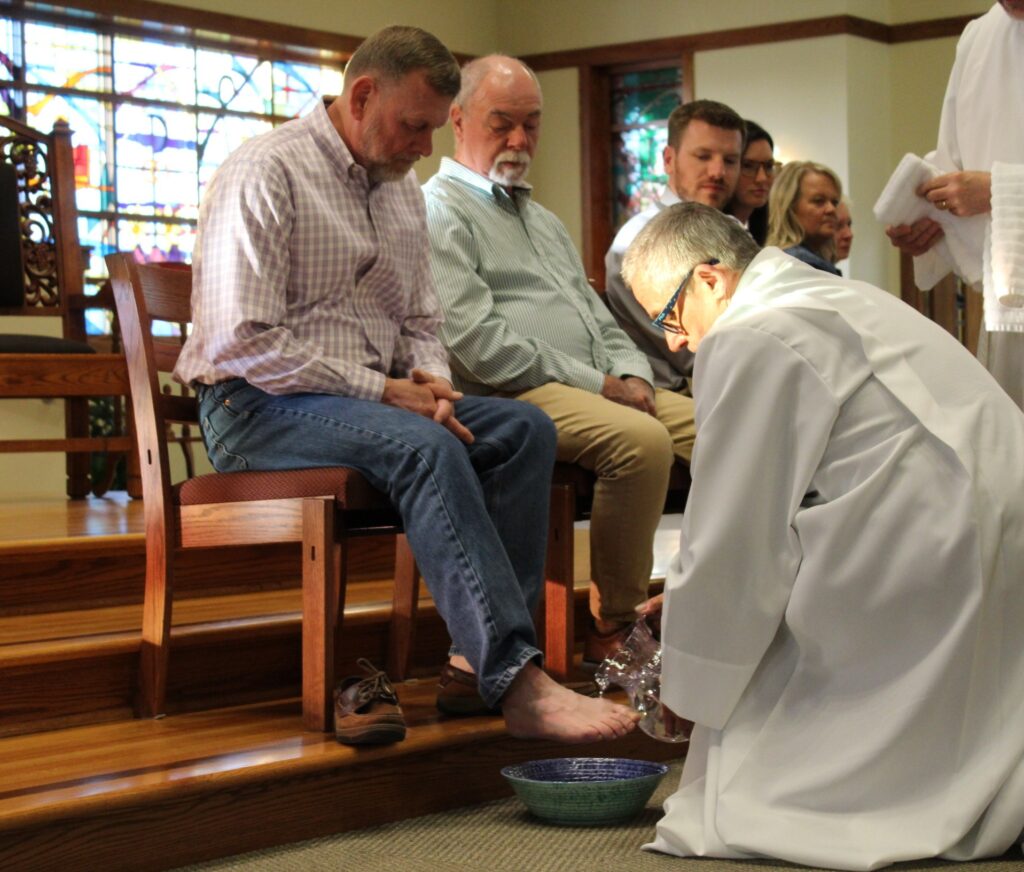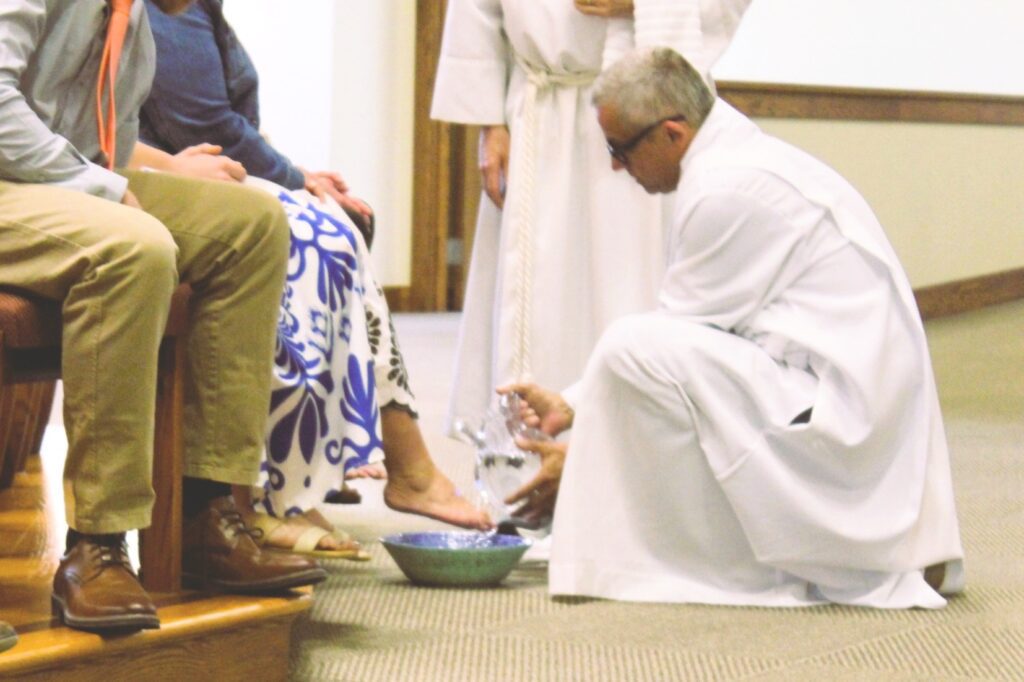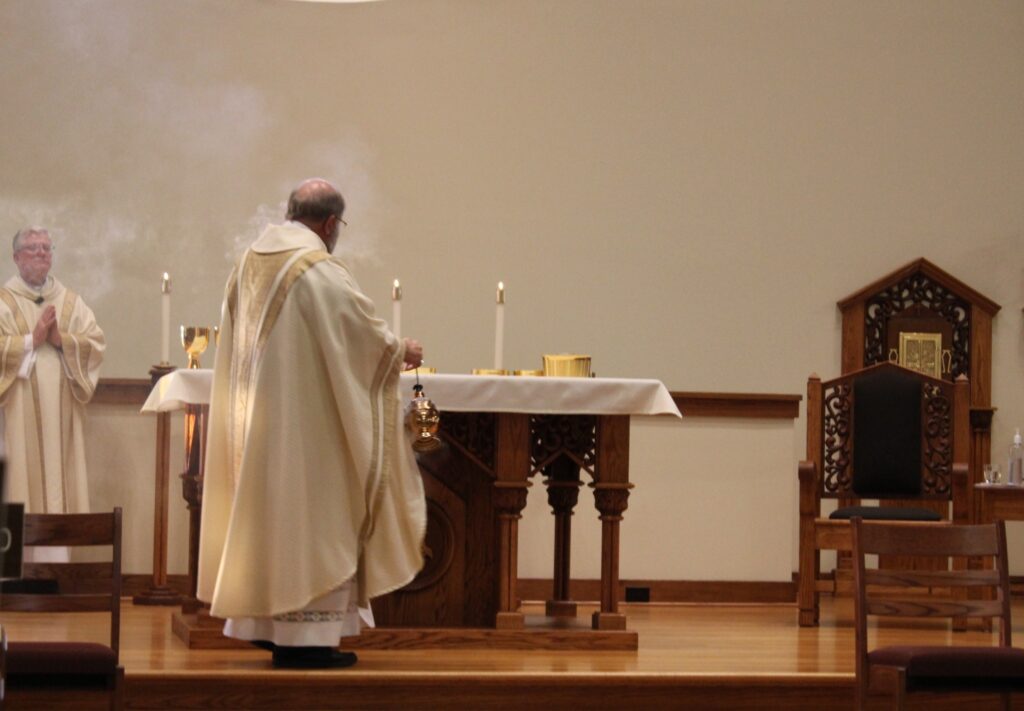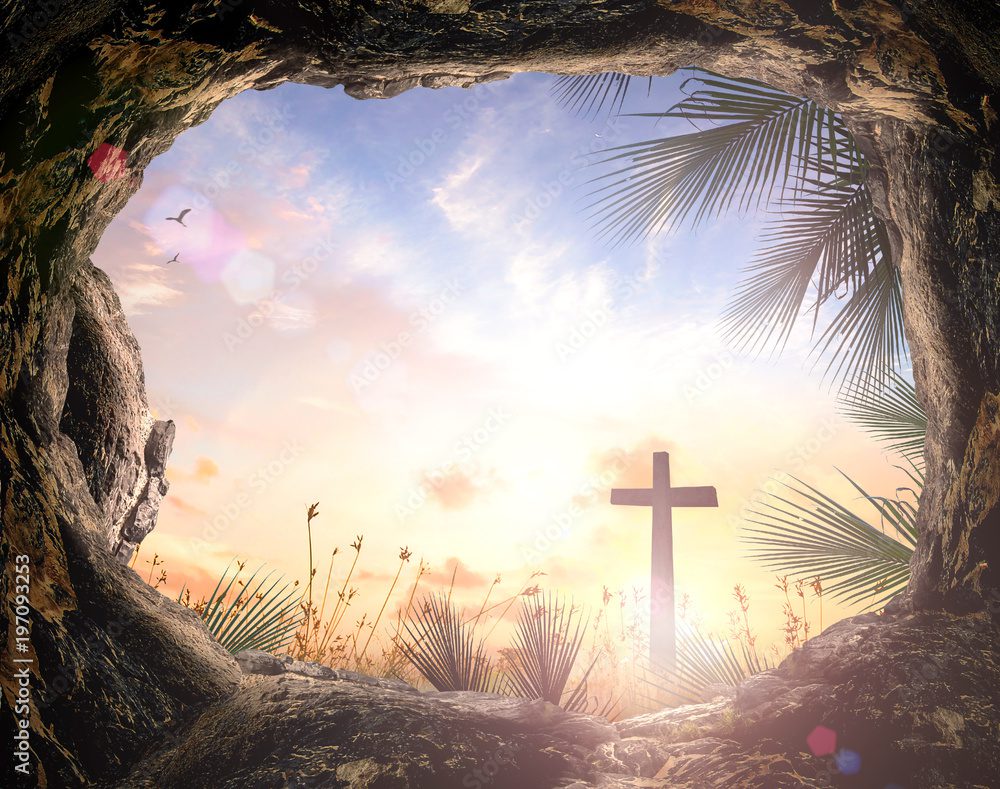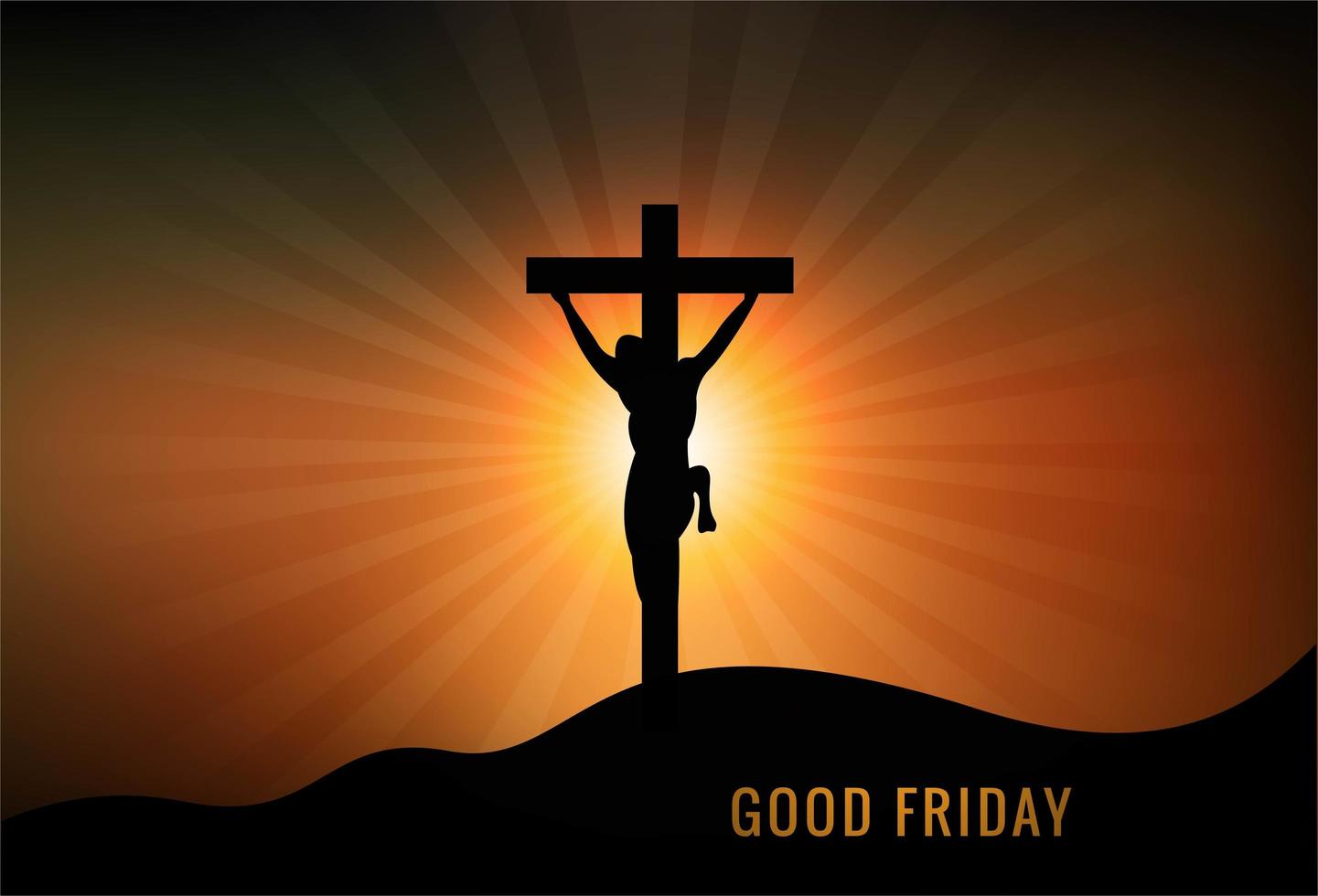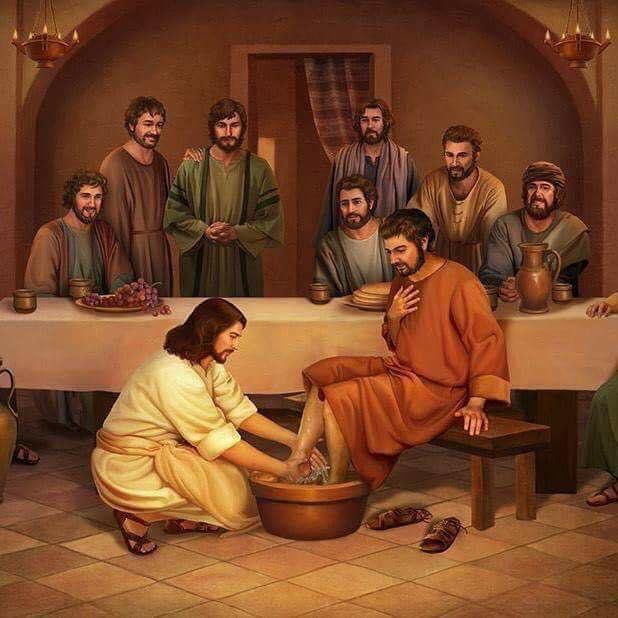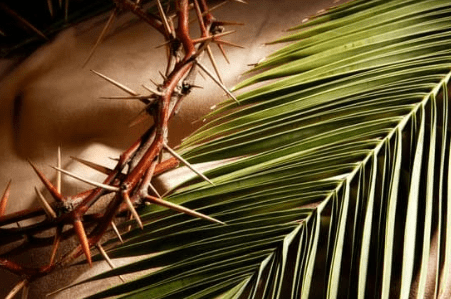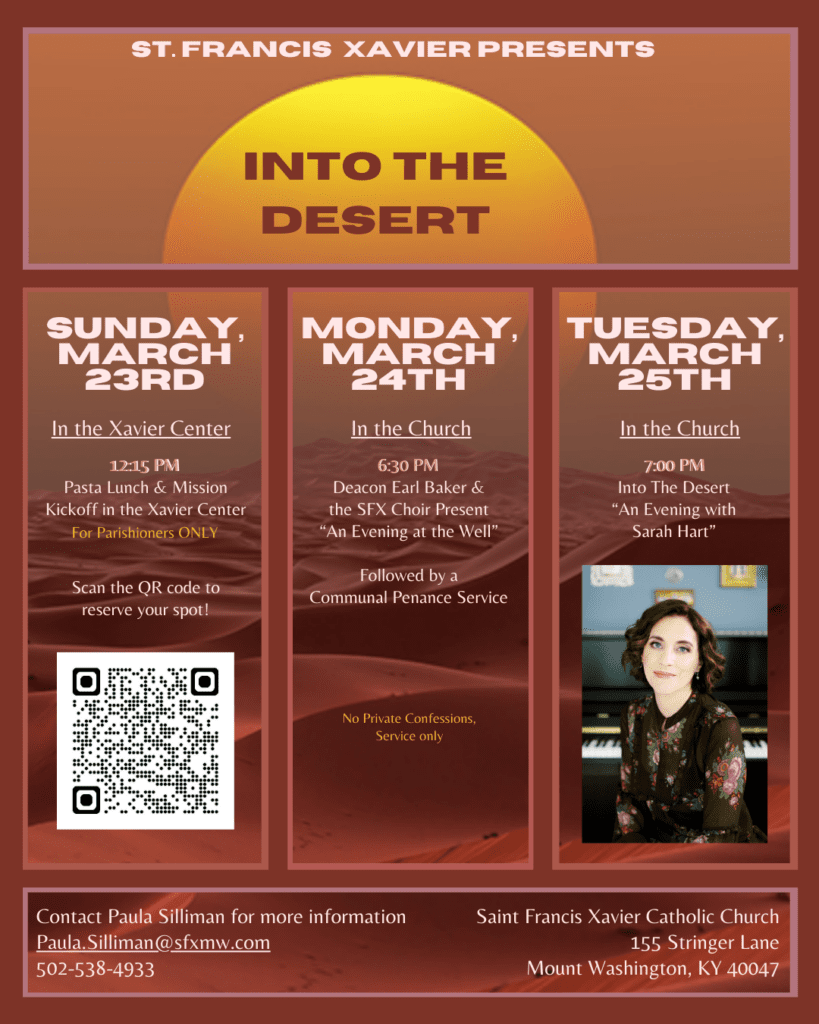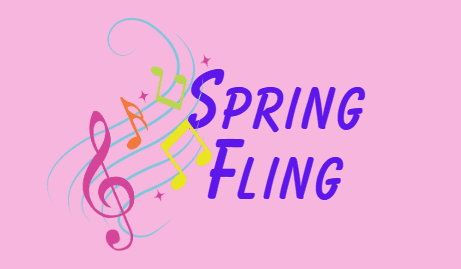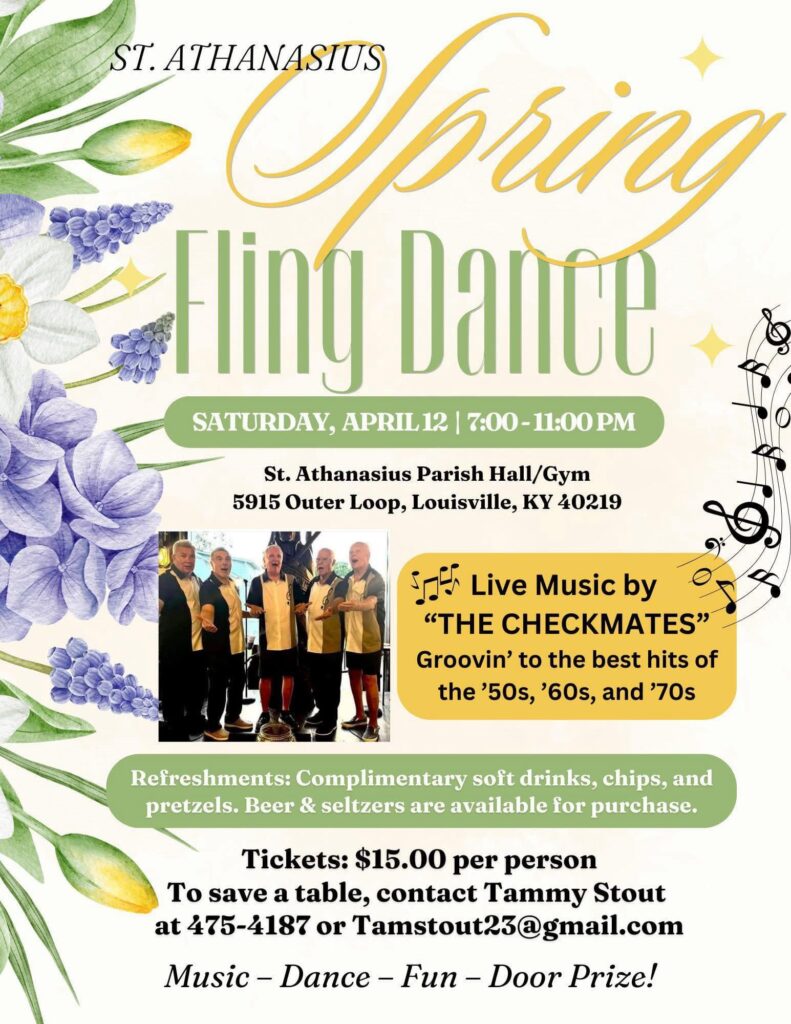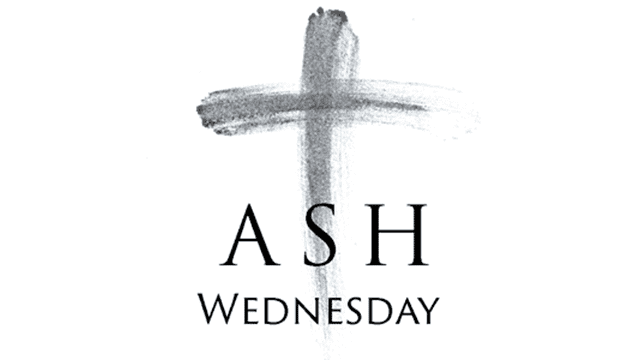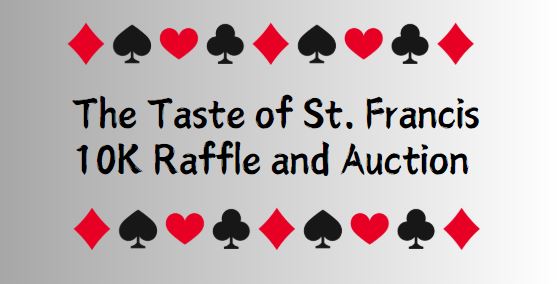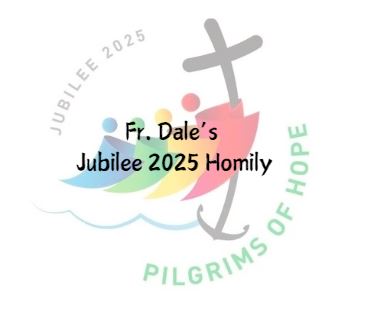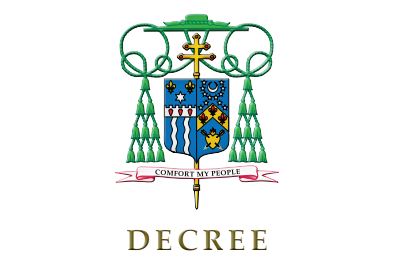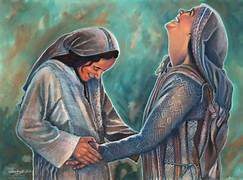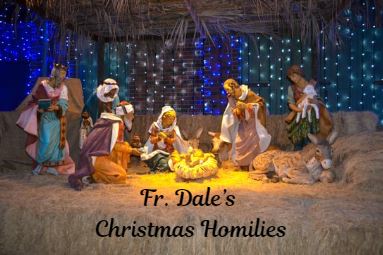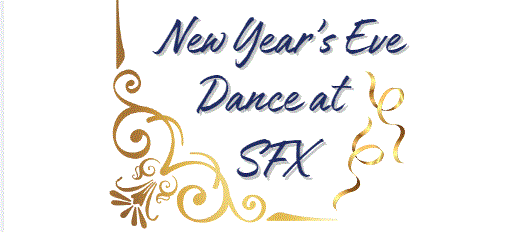2025 AD … a year of Hope… a year of Pilgrimage… a year of Joy!
Our current Holy Father, Pope Francis, is calling on all of us, especially Catholics, to celebrate this Jubilee year of 2025. When the successor of Saint Peter himself sets aside a certain time as HOLY, that’s not just words. It really does become a sacred time which changes us in real time as we know it. Pope Francis has called upon God to pour out extra graces and blessings during these 360+ days and make this a time of conversion and renewal for people of all ages.
Today you and I gather here to open this year of Jubilee at the parish level. {Archbishop Shelton will formally open the year for the archdiocese tomorrow morning with a Special Mass with the school children of Saint James Church.} Historically speaking, the universal Catholic Church declared the First Holy Year in 1300 AD and this has continued in 25 year increments ever since. These designated times are occasions for the Church, as in God’s people (you and me), to seek renewal, to undergo a ‘re-set’ and this Holy Year invites us to deepen and renew the gift of the virtue of Hope in the way we live. We make ourselves keenly aware of The Blessings asked, The Blessings given and The Blessings received.
Some of the gifts of this Jubilee Year that are highlighted for us are Forgiveness, Freedom, Family and Fullness. For forgiveness, any Jubilee year is a great time to practice forgiveness in our own families, in our own circles of friends. It is a super opportunity to spend some quality time with self, examining our consciences… maybe to see if we are holding a grudge or a resentment or an unresolved anger towards anybody in our lives. When all is said and done, we must make the interior act of forgiving self FIRST and then onto an act to forgive the other person or maybe an event that has occurred in our past. In a word, we are called to become BETTER, not perfect persons…
Now, back to the gifts: Fullness is the idea of learning how to TRUST God in providing for us. One great way we can live fullness is Honoring the Sabbath beyond what happens at the Eucharistic Table. Taking up OR re-taking up the practice of resting, spending the day with family (on purpose… without an agenda), preparing and enjoying a meal together, making space for prayer and maybe, God willing, some non-pious spiritual reading…
One unique feature of any Holy Year is The Holy Door, signaling a passage in moving from one decision to the next… Pope Francis has said that the Opening of any Holy Door is a message of Hope and it is a sign of closeness and compassion for all those who are struggling. The Door represents Jesus, the Good Shepherd, the keeper of the Gate for the pins in which we all reside. A Door can keep people in and it can also keep people out. To open any door is to welcome the next great thing that Jesus wants us to see and to handle. I kind of liken The Holy Door to that scene in the movie The Wizard of Oz… remember when Dorothy opened the door from black and white to that glorious Technicolor? What a HUGE difference it made on many levels … nothing quite like ‘living color’… especially showing the viewer that Yellow Brick Road on which she journeyed to get home!
Have you ever taken a pilgrimage? What makes any journey or trip a pilgrimage? The word’s definition: “an individual’s journey through life, sometimes as a general description of personal growth and exploration, and sometimes, as in Christianity, outlining a particular spiritual focus or pathway which, it is believed, we will encounter God.”
Seeking out certain holy places locally can bring a person to a greater awareness of God and God working in one’s life. Our archdiocese, the second oldest in the history of the United States (1808), is especially blessed with places like this. As a thought, it could become a rewarding trip to visit places of special grace and blessings in this Holy Year; such as the Louisville Cathedral of the Assumption on Fifth Street and, while there, touring The History Center that displays, in artifacts, the Catholic faith of central Kentucky. Another great spot could be the Proto Cathedral Basilica of Saint Joseph in Bardstown OR the Proto-Abbey of the United States at the Abbey of Gethsemani OR four motherhouses of religious nuns: Sisters of Charity in Bardstown, the Sisters of Loretto, the Dominican Sisters in Springfield and the Ursuline Sisters on Lexington Road. There are other places filled with graces waiting to be embraced such as the Dominican of Saint Rose Priory in Springfield OR Saint Thomas Parish and the Bishop Flaget Log House south of Bardstown which helps us stay in touch with our spiritual roots when we were an infant church in a beautiful, yet uncharted wilderness.
There are so many other sacred Catholic spaces to explore, appreciate and understand. It is a picker’s world… you and I are very lucky!
Friend, it is so easy to ‘write off’ a visit to any of these places and experiences because they are always with us… we grew up here, we think we know them… but do we… do we really? Let’s find out… make plans to visit at least one of these places… let me know what you think… seriously. Let’s seek God in these places… Take it to prayer… Take this Year of Hope, Pilgrimage and Joy to Jesus and see what He would have us do. He is the best tour guide we will ever have, especially in these days of 2025… no one can afford to wait until 2050 to seek Him!

